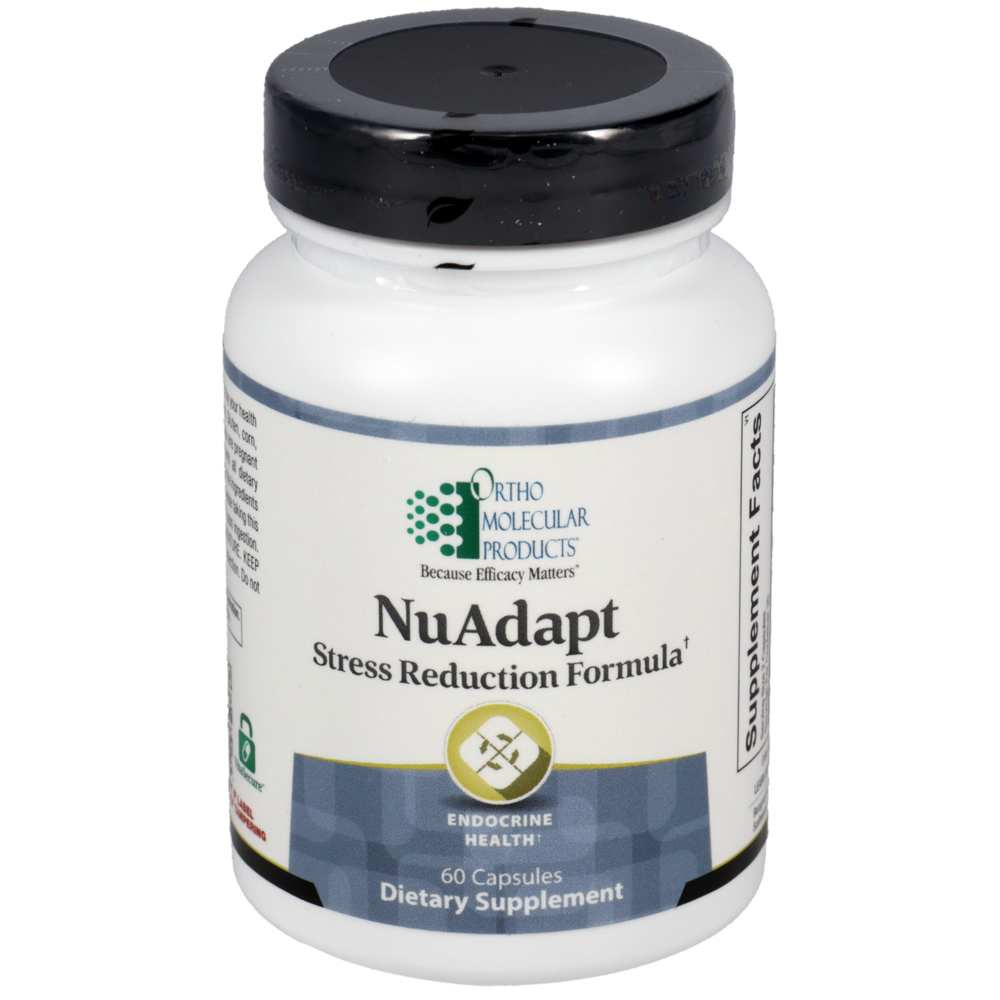
Supplements for Anxiousness in Kids & Teens
Aug 20, 2020Timothy Culbert, MD, IFMCP
Please note: The supplement links in this blog go to our partner store, Fullscript (with an ongoing 10% discount for you + free shipping on orders over $50). You must have an account to view products and shop. Create your free account at: https://us.fullscript.com/welcome/nmh/signup. Learn more about Fullscript here.
Supplement Wisely
Talk with your child's primary doctor before adding a supplement and it's necessary to balance safety and efficacy concerns.
Inositol*
Inositol, naturally occurs in foods such as fruits, beans, grains and nuts. Inositol is a type of sugar with several important roles to play. Inositol serves as a component of cell membranes. It affects the activity of neurotransmitters in your brain cells. Read this article on inositol for anxiousness.
It is available as a white powder that tastes somewhat sweet, so it is easy to mix into water, juice or other liquids. The typical dose is 2000-4000 MG mixed in liquid, taken up to three times daily. It is also available in capsule form
From Fullscript, our partner store: Inositol is one component contained within NeuroCalm Capsules.
L-Theanine*
L-theanine is an amino acid commonly extracted from tea leaves. It can be found in both green and black tea. It’s commonly available in capsule form. There are also gummy chewables available on the market.
It seems to increase the brain chemical GABA which can help to ease stress, and also helps the brain generate alpha waves (calming brain wave frequency). Read this article on L-theanine for anxiousness.
The typical dosing range for kids and teens is 50-200 MG by mouth two or three times daily.
From Fullscript, our partner store: L-theanine
Ashwagandha*
This herb has been around for hundreds of years and is classified as an “adaptogen”, which means that it can help your body adapt to and manage stress. Ashwagandha also can boost brain function, lower blood sugar and modulate hormone levels. Read this article on ashwagandha for anxiousness.
Typical dose range is 300-600 Mg daily.
From Fullscript, our partner store: Found as one component in NuAdapt.
CBD Oil (Cannabidiol)*
The cannabis plant has a rich history of medicinal and religious uses dating back thousands of years. Cannabidiol or CBD, is one of over 100 chemical compounds known as phytocannabinoids found in the cannabis or marijuana plant, Cannabis sativa. Unlike the active ingredient in marijuana abbreviated THC (tetrahyrocannabinol), CBD does not make people high and does not cause intoxication.
The World Health Organization released a report on the safety of CBD oil and found that CBD is generally well tolerated with a good safety profile. There are no concerning adverse health outcome reported with its use. Learn more about CBD for Kids & Teens at this NMH article here.
Typical dose ranges are 5-20 MG taken by mouth once or twice daily. CBD Oil is available as a liquid, capsule or in gummy form.
*Note: Some of the supplements discussed in this article can cause side effects, but many people tolerate them much better than prescription medications. They are generally considered safe, however, they should not be started without your doctor’s knowledge and supervision. If you are taking medication already, be sure to talk with your doctor before adding any of these items. If you are considering going off medication, remember never to stop your medication suddenly—always consult with your doctor about how to safely taper off any psychiatric medication. See terms. These statements have not been evaluated by the Food and Drug Administration. This product is not intended to diagnose, treat, cure, or prevent any disease.










